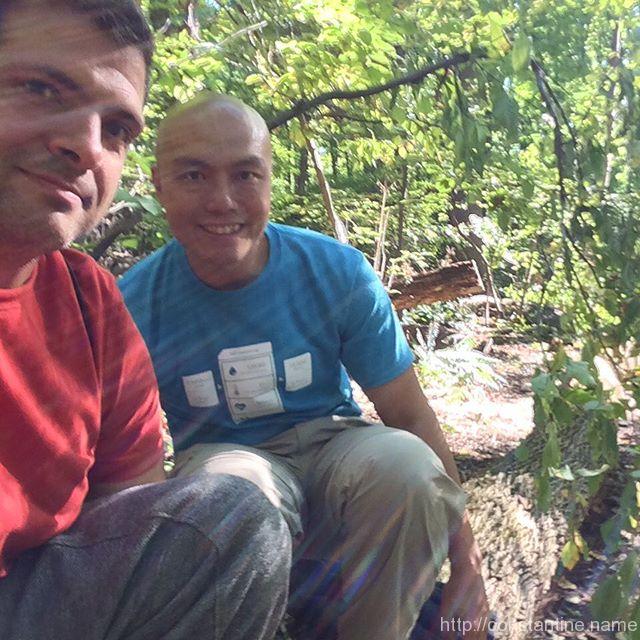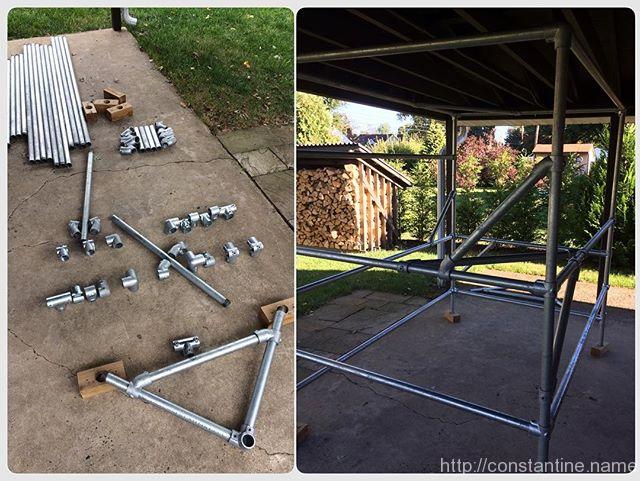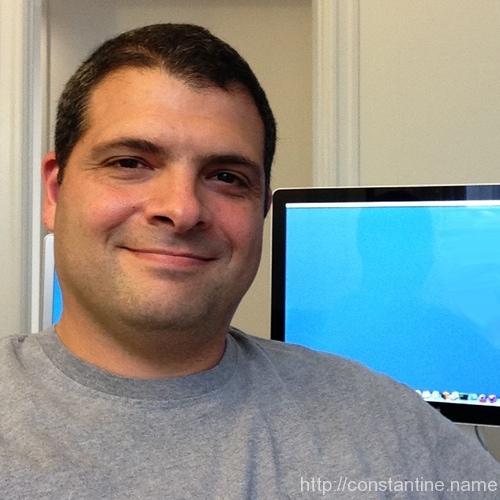Why – with Dave Closson
What processes and mindsets can individuals adopt to clarify their purpose, improve decision-making, and enhance their effectiveness in both personal and professional contexts?
Decision fatigue and productivity, discipline as a path to freedom, and self-reflection.
Better and better and more efficient and more effective, that’s great. It’s about continuous improvement. But I’ve discovered that it’s not just about getting better at what you do, it’s also about getting smarter about how you do it. That’s where the real freedom comes from. It’s like having a well-oiled machine that runs smoothly, and you don’t have to constantly tinker with it.
~ Dave Closson around 17:16
Craig Constantine and Dave Closson begin with finding one’s “why” and how it drives one’s actions and decisions. They stress that articulating a clear why-statement is key to staying focused and avoiding distractions. The conversation shifts to the role of processes and structure, with both speakers emphasizing that they can be liberating rather than constricting, as they help eliminate decision fatigue. Dave introduces the idea of having meaningful conversations with oneself as a way to navigate complex thoughts and emotions effectively.
Takeaways
The Significance of a Clear “Why” — The importance of having a well-defined purpose or “why” in various aspects of life.
Processes and Structures for Efficiency — Contrary to the notion that processes and structures stifle creativity, their role in providing freedom and reducing decision fatigue is highlighted.
Structured Self-Conversations — Dave introduces the concept of structured self-conversations, a valuable tool for introspection and problem-solving.
Continuous Improvement — The conversation touches on the idea that striving for continuous improvement is not just about getting better at what you do but also getting smarter about how you do it.
Balancing Structure and Flexibility — While processes and structures are valuable, it’s essential to strike a balance between structure and flexibility.
Importance of Restorative Practices — The conversation briefly touches on the significance of restorative practices.
Resources
For more about Dave Closson, see https://daveclosson.com
Simon Sinek’s Start with Why
(Written with help from Chat-GPT.)
ɕ




